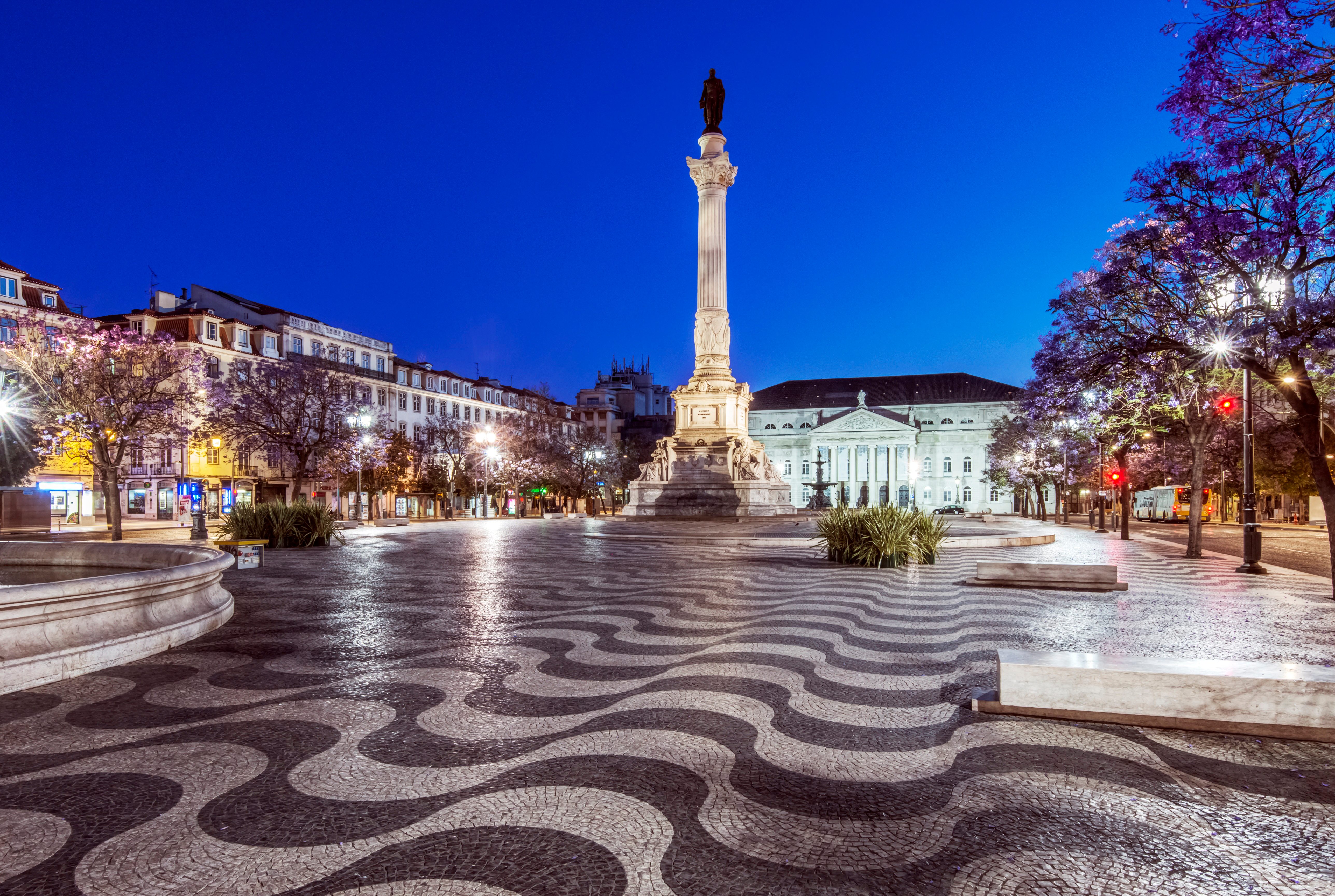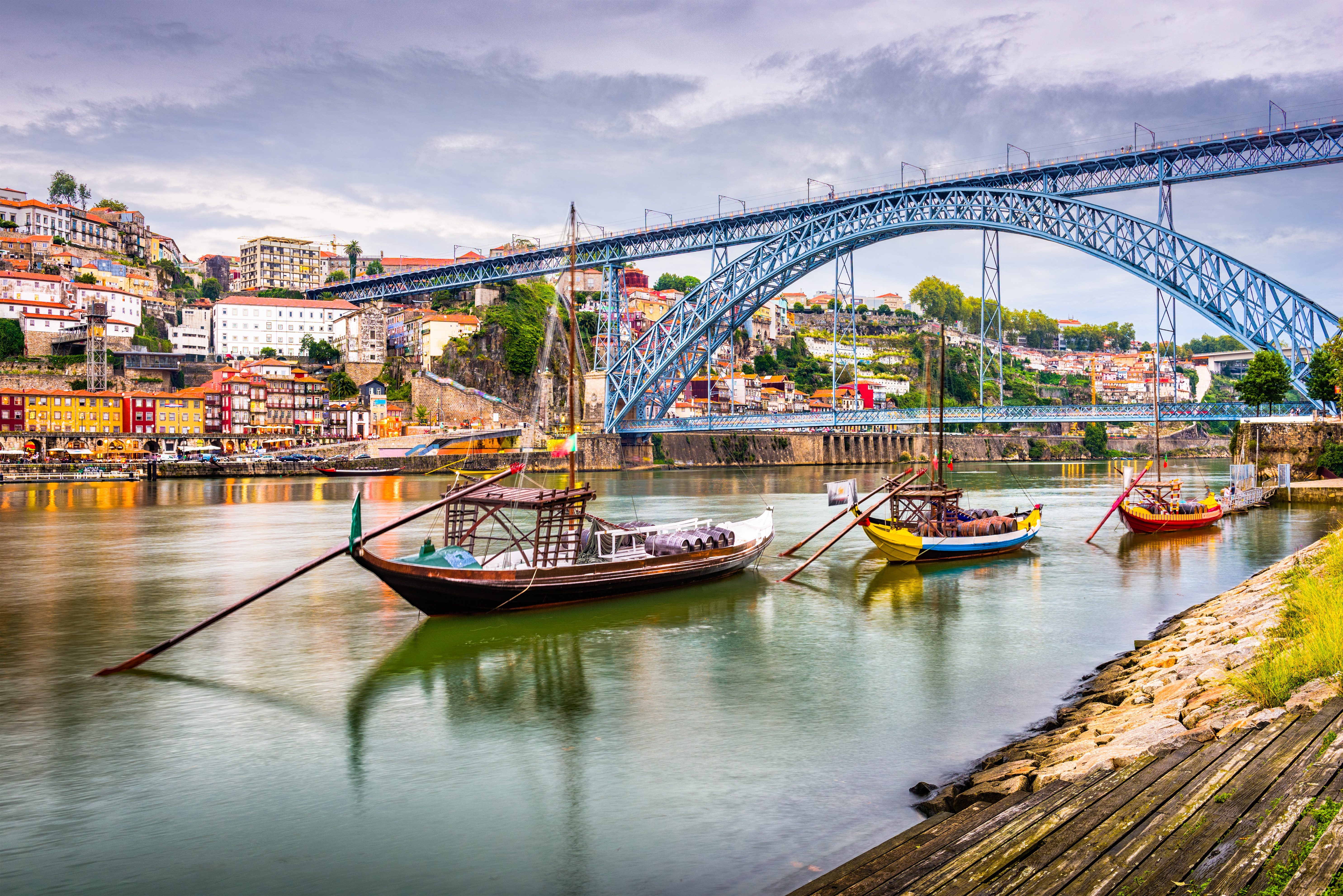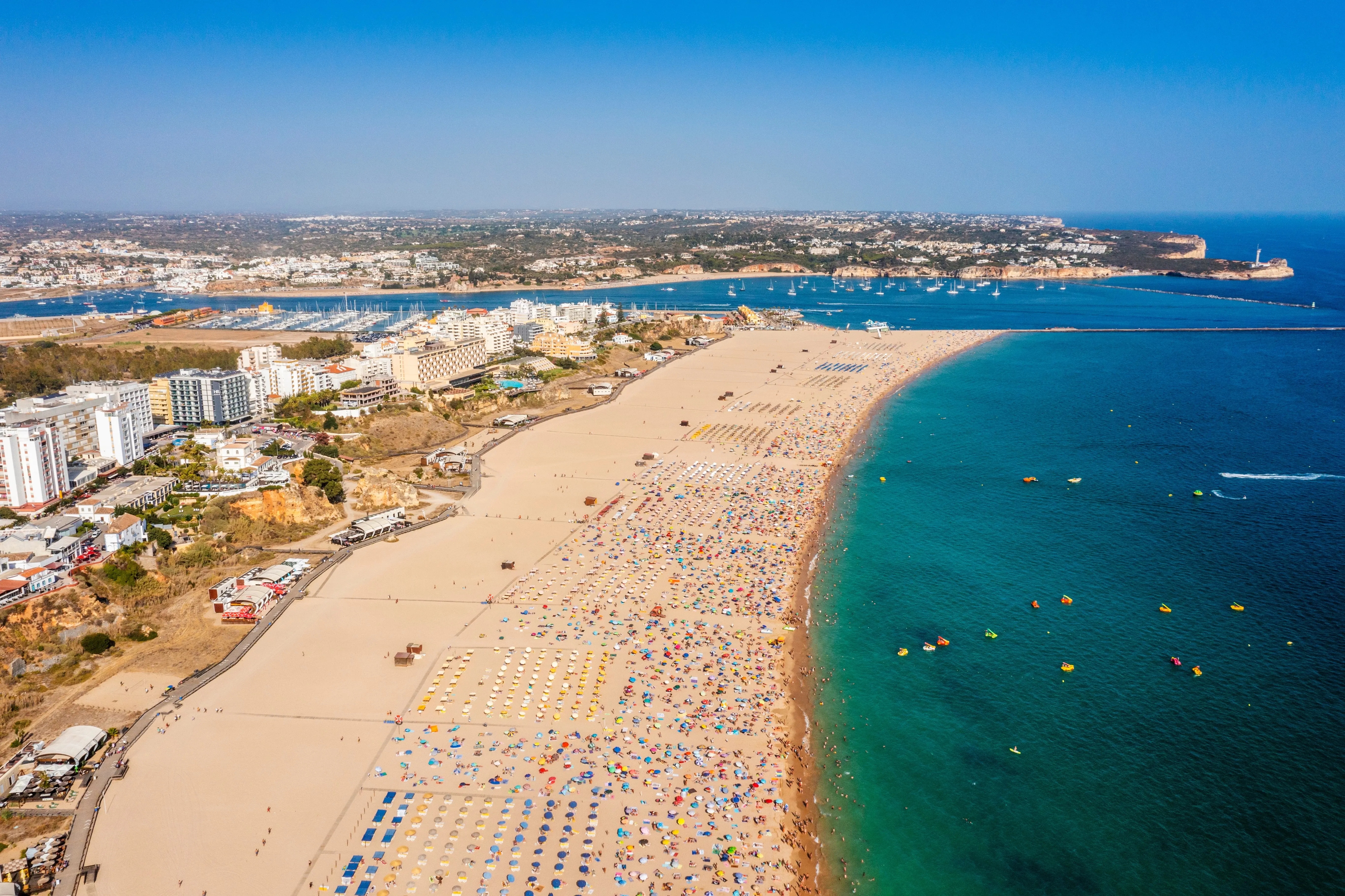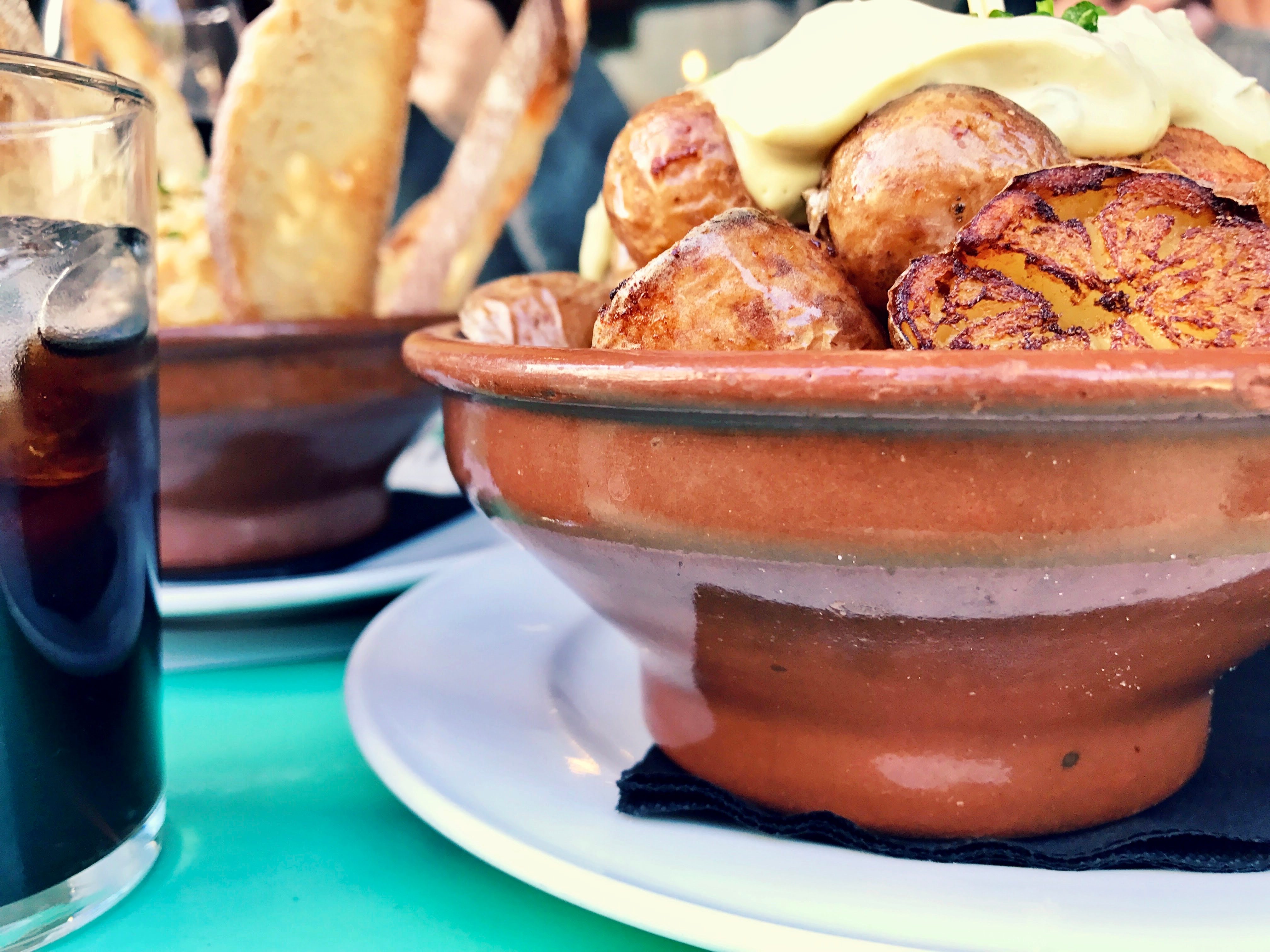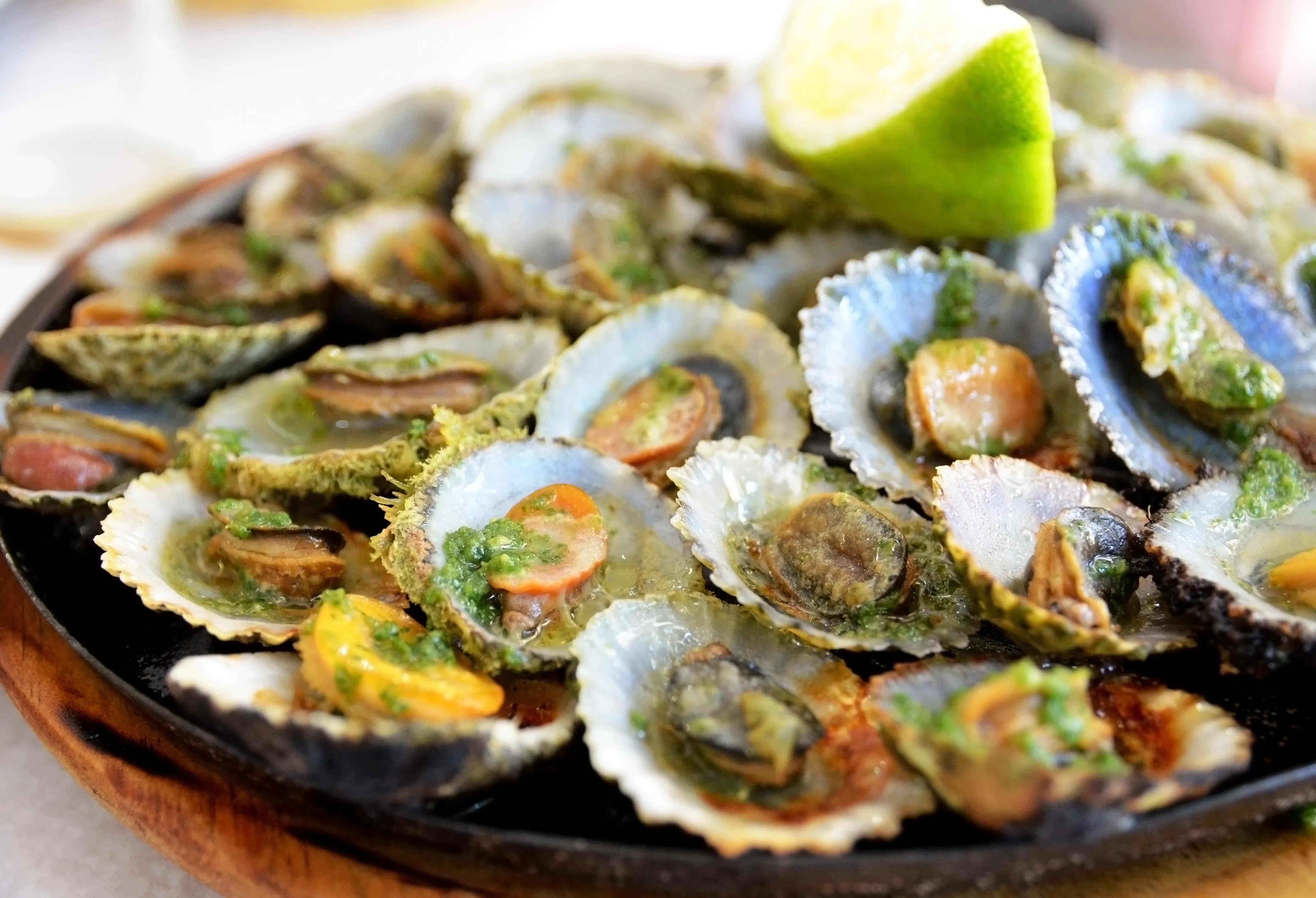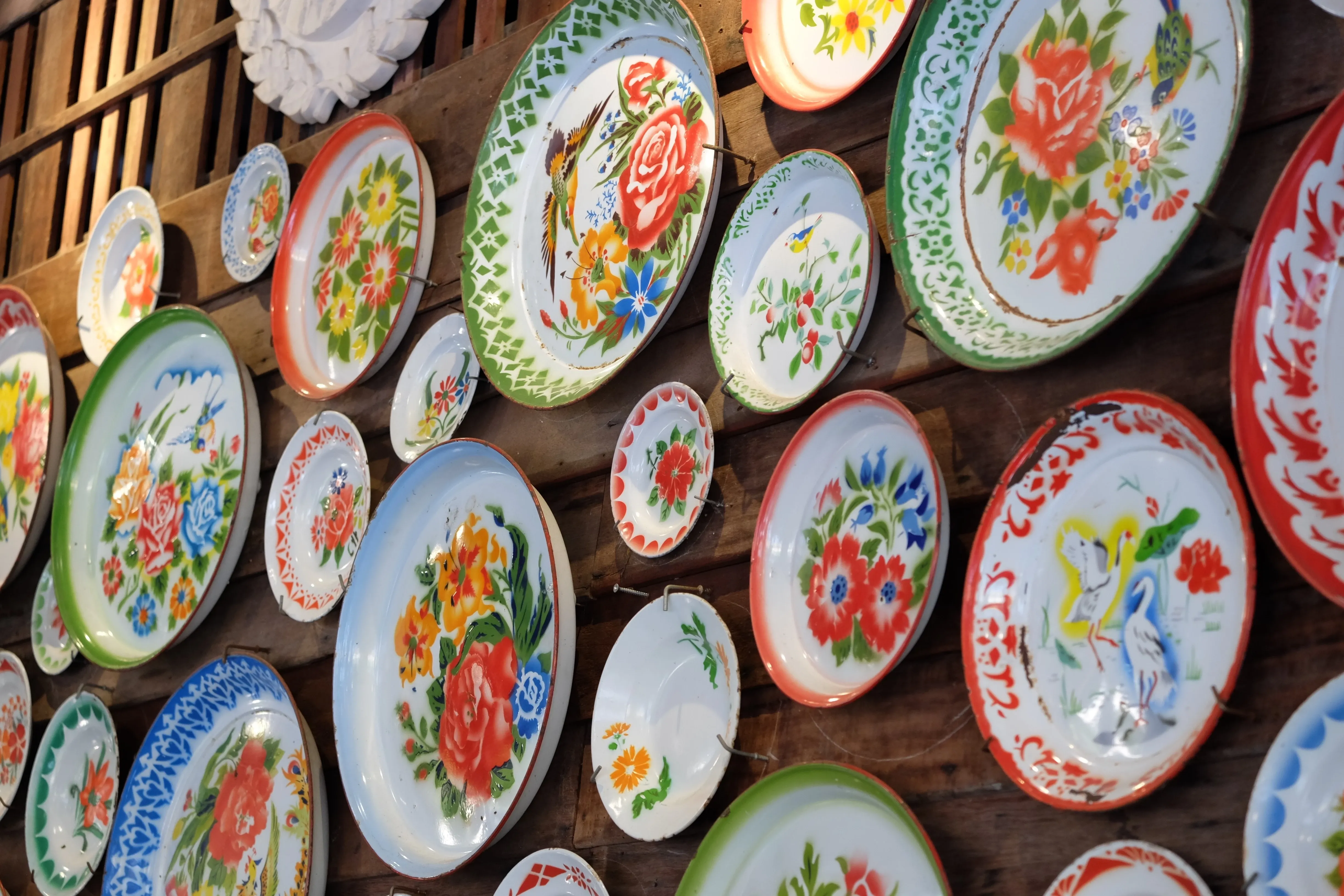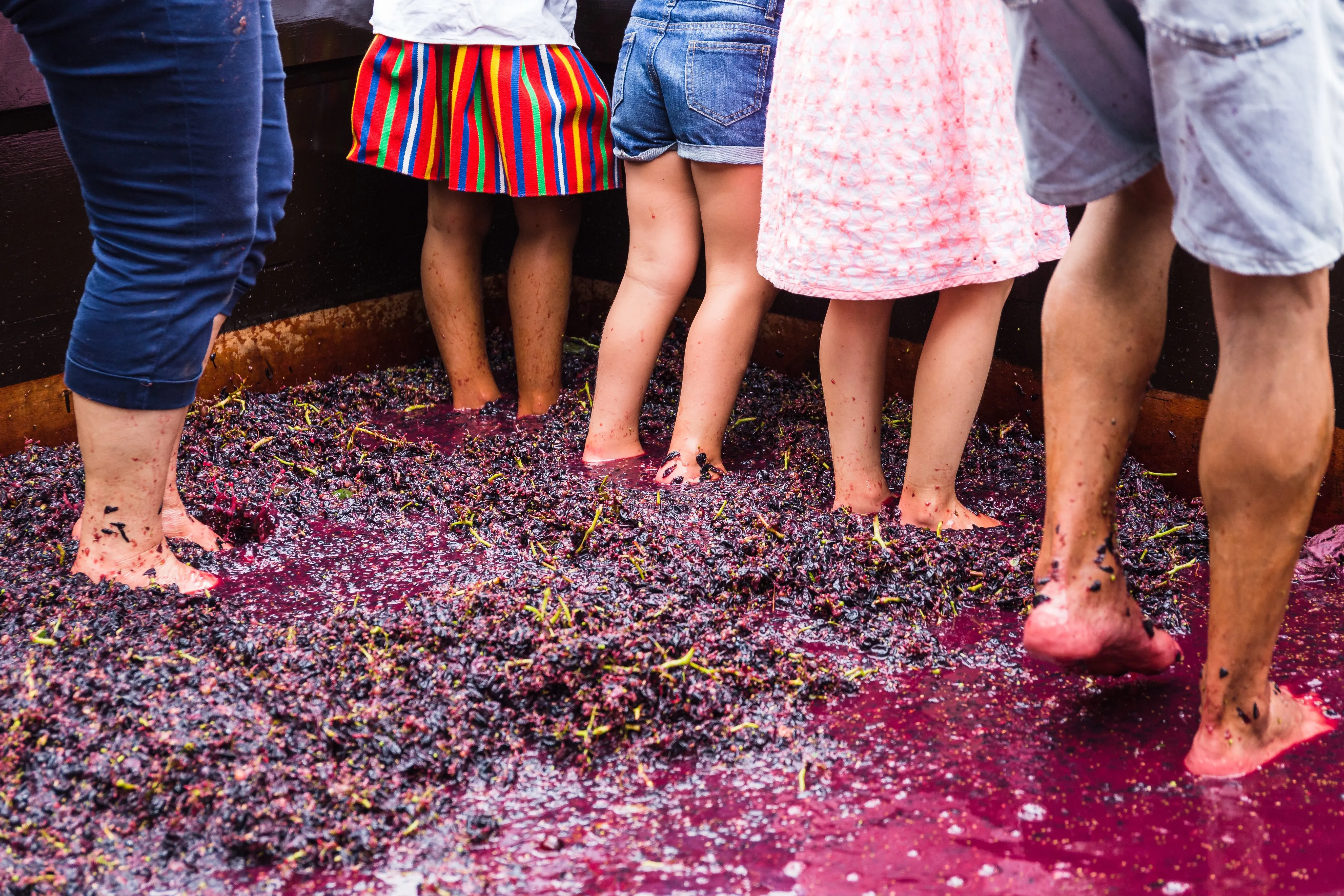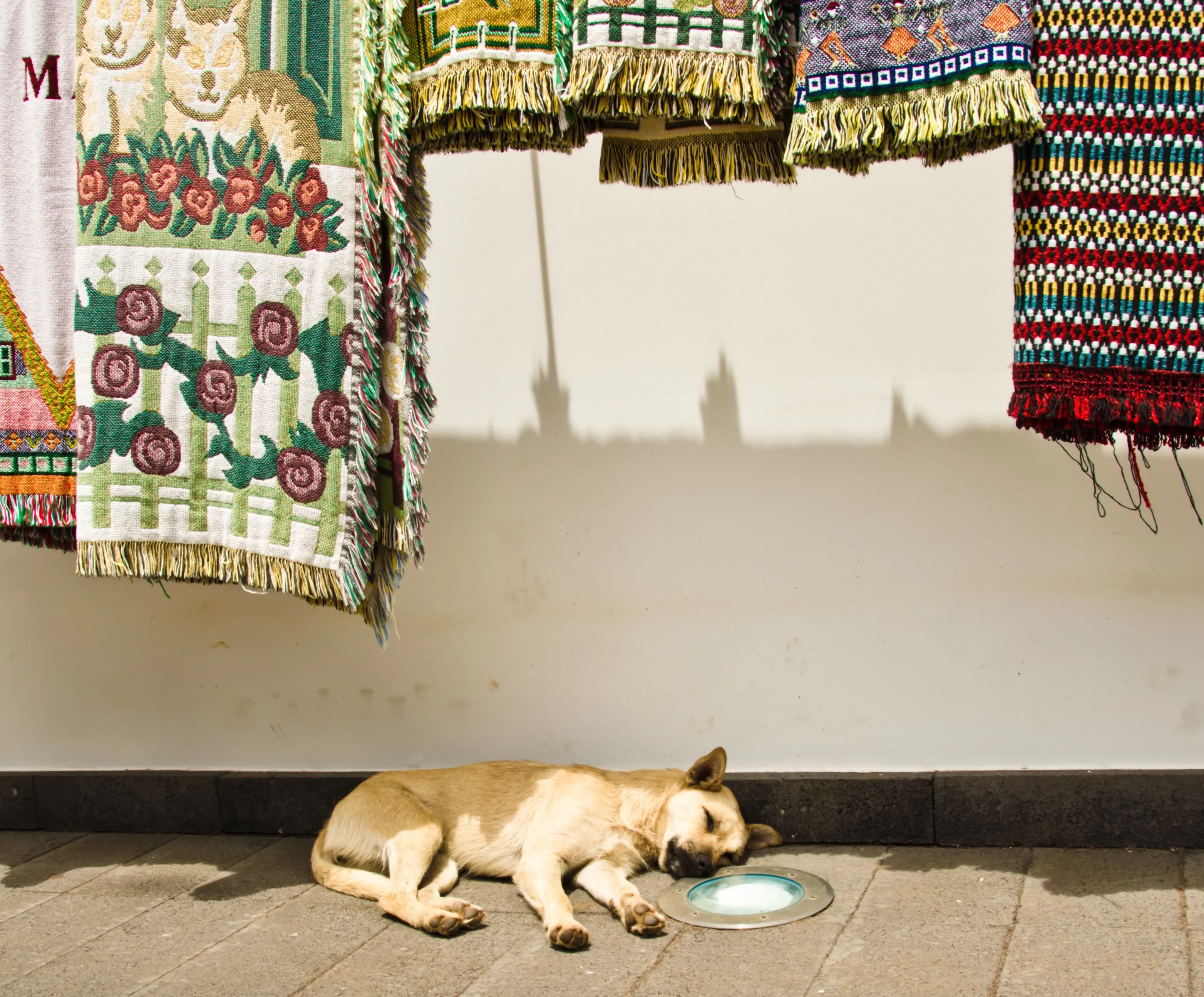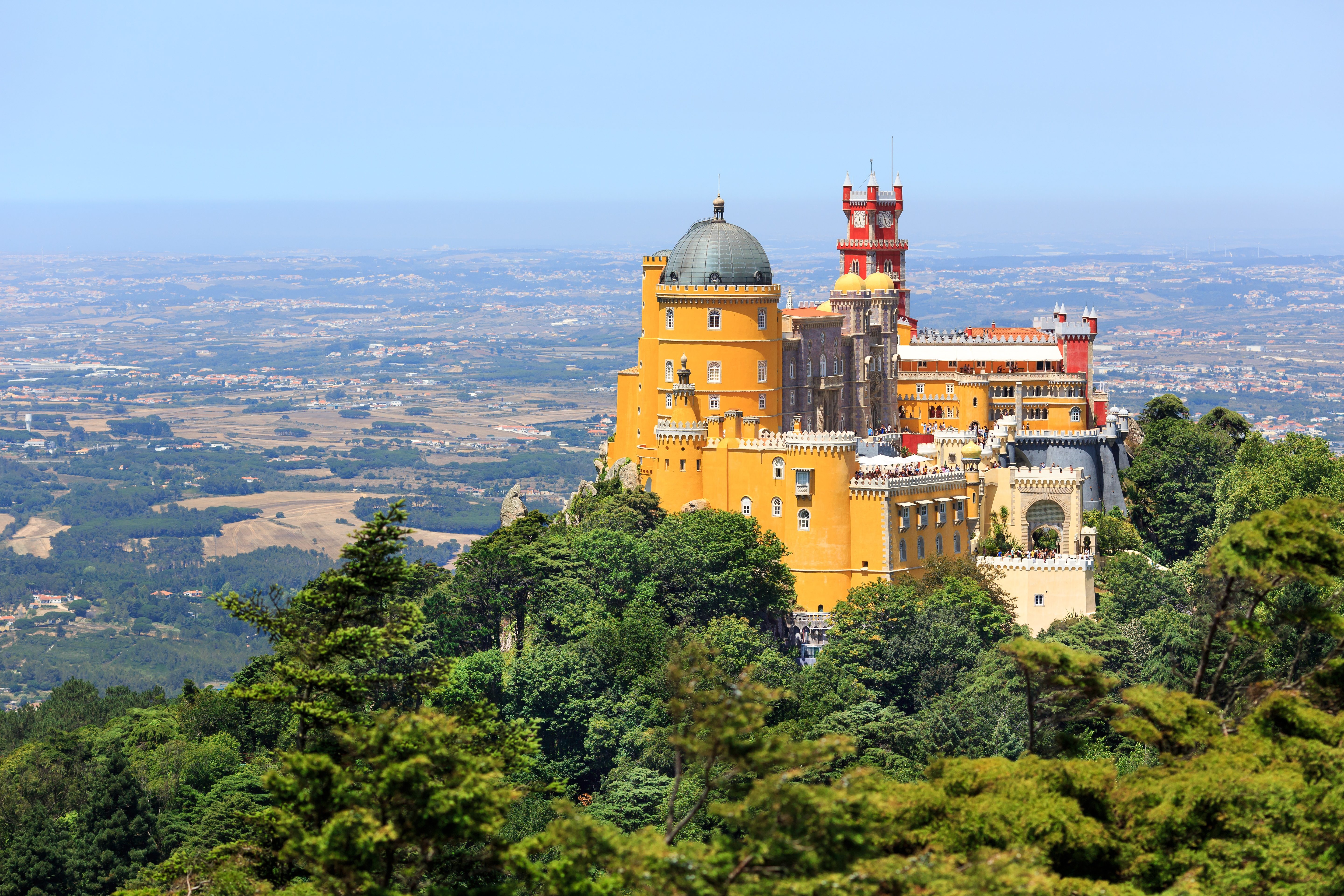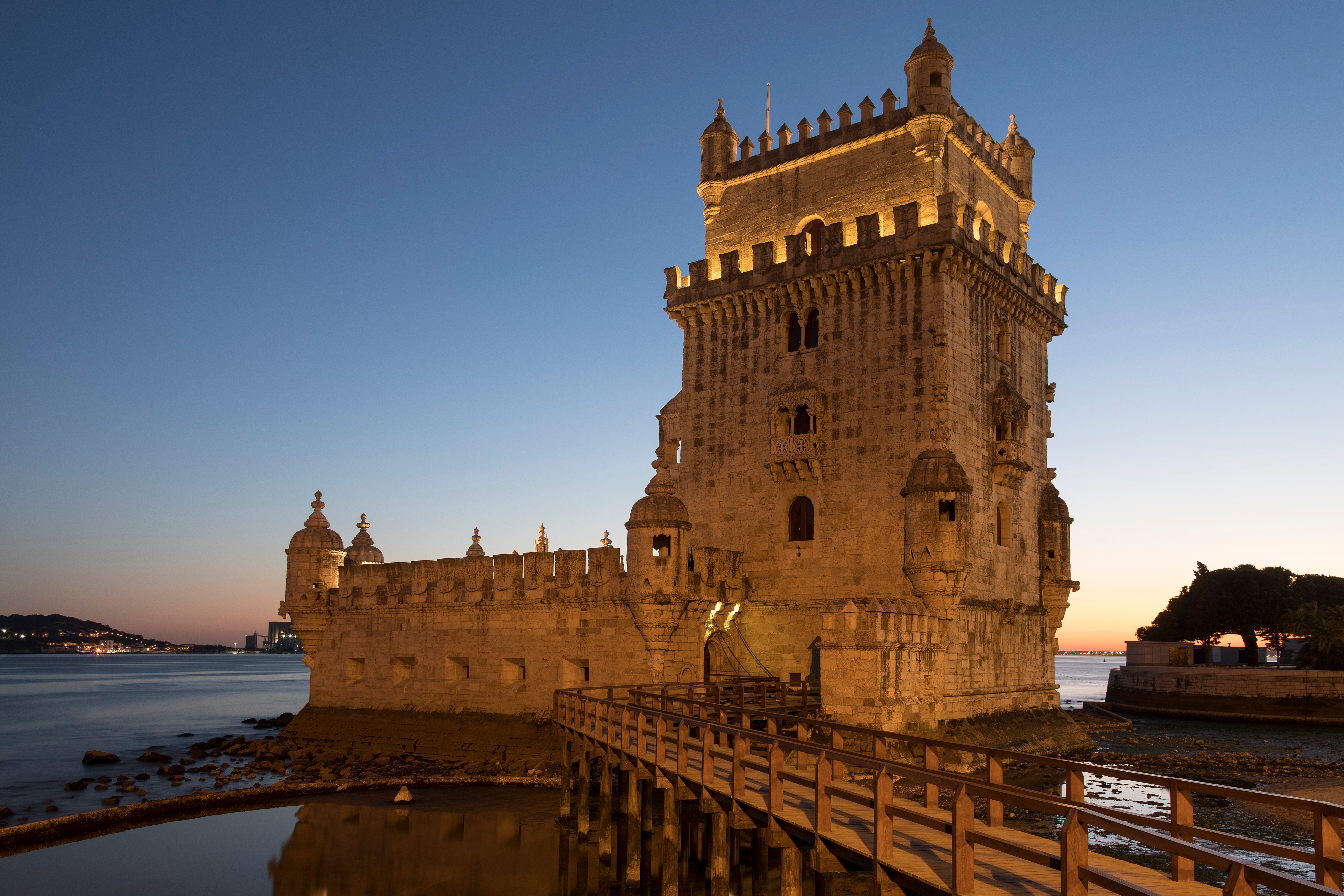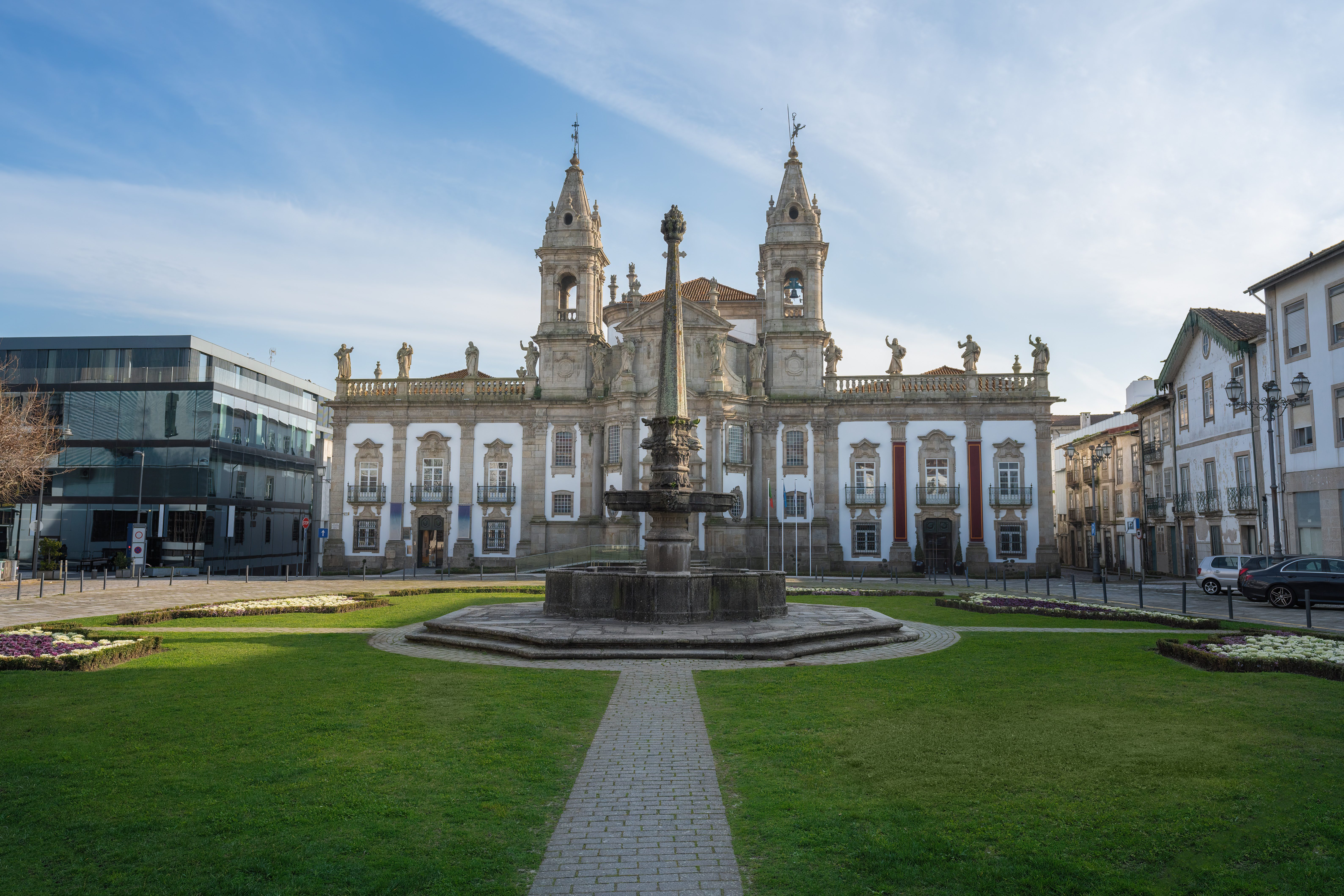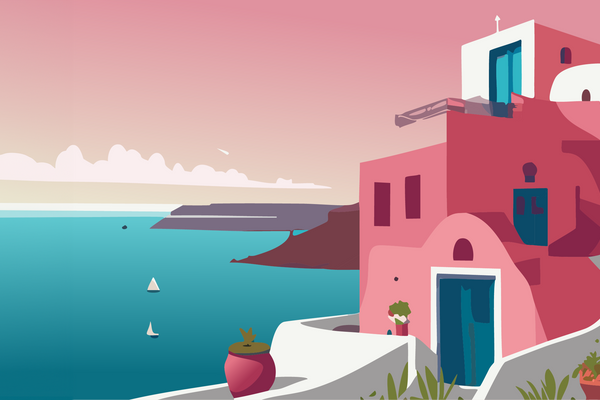Portuguese etiquette for tourists
Portugal, a country full of cultural treasures and picturesque landscapes, warmly welcomes travelers. With a friendly and respectful demeanor, you can make the most of your trip.
Whether you’re strolling through historic cities or exploring the stunning coastline, respectful and friendly interactions will provide you with unforgettable encounters and experiences.
Greetings in Portugal
In Portugal, there are various ways to greet people, which can vary depending on the context and relationship between individuals. These forms of greeting reflect the cultural norms and the high value placed on politeness and respect in Portuguese society. Here are the main greetings you should be familiar with:
Formal greeting
In formal encounters, especially in business contexts or when meeting someone for the first time, a firm handshake with direct eye contact is common. This gesture signals respect and professionalism.
It is important to use polite forms of address, such as "Senhor" (Mr.) or "Senhora" (Ms.), followed by the person’s last name. For example: "Bom dia, Senhor Silva." Using titles and last names shows acknowledgment and respect towards the conversation partner.
Informal greeting
In informal situations, especially among friends and family, two kisses on the cheeks are a common greeting. You start with the right cheek and then move to the left. This type of greeting is particularly common among women or between men and women. Men who know each other well often hug in addition to the handshake. This warm greeting expresses familiarity and affection.
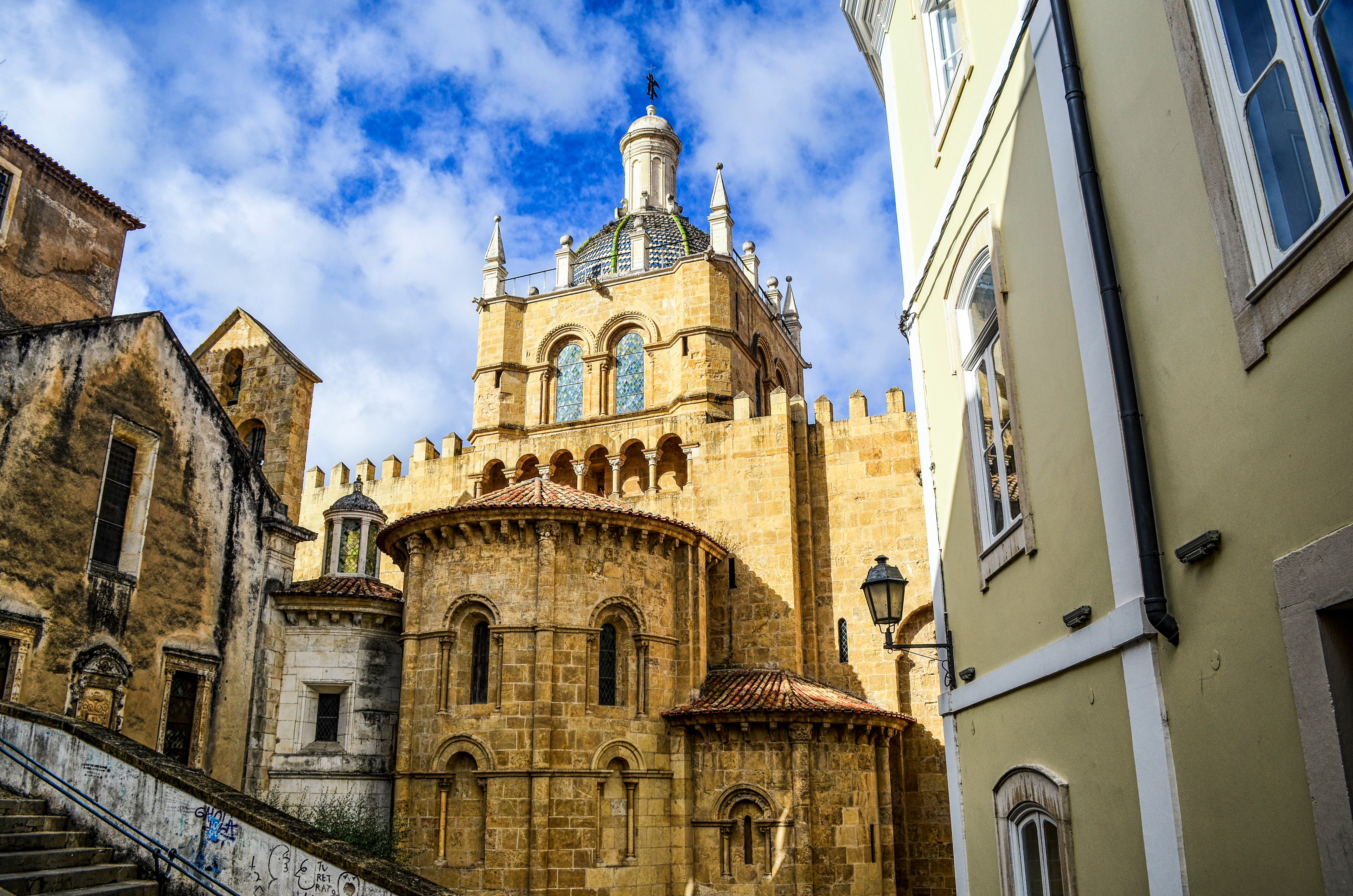
General greetings
Regardless of whether the situation is formal or informal, it is polite to greet people with a friendly salutation. The most common greetings in Portugal are:
- "Bom dia" (Good morning) – used until noon.
- "Boa tarde" (Good afternoon) – used in the afternoon.
- "Boa noite" (Good evening / Good night) – used from early evening onwards.
General tips for greetings in Portugal
- Address: Always start with a formal address unless you are explicitly told that an informal address is appropriate.
- Body language: Pay attention to your counterpart's body language. Portuguese people value eye contact and a friendly smile.
- Proximity and Distance: Portuguese people have a smaller personal space compared to, for example, Northern Europeans. Some physical closeness is normal and should not be perceived as intrusive.
»Portugal has a peaceful feel about it. I sit on the terrace overlooking the vineyard there and I feel cut off from the world. You need that sort of thing.«
Language Do’s and Dont’s
In Portugal, Portuguese is the only language spoken. In many tourist areas and among younger generations, English is also spoken and used for communication, as Portuguese people may not understand you, if something is pronounced incorrectly. But don’t just assume that everyone speaks English.
It is essential to know that while Spanish and Portuguese are similar, they are pronounced completely differently. Due to the history between Spain and Portugal, some Portuguese people might understand a bit of Spanish, but they may not respond to it. In tourist areas, you are more likely to find understanding compared to rural areas. The best way to win a Portuguese heart over is by learning a few phrases in Portuguese.
In Portugal, it is important to use the correct form of address, using "Senhor" or "Senhora" with the last name in formal situations. Show kindness and respect by regularly using "por favor" (please) and "obrigado/obrigada" (thank you). "Obrigado" is used by men, while "obrigada" is used by women when expressing thanks.
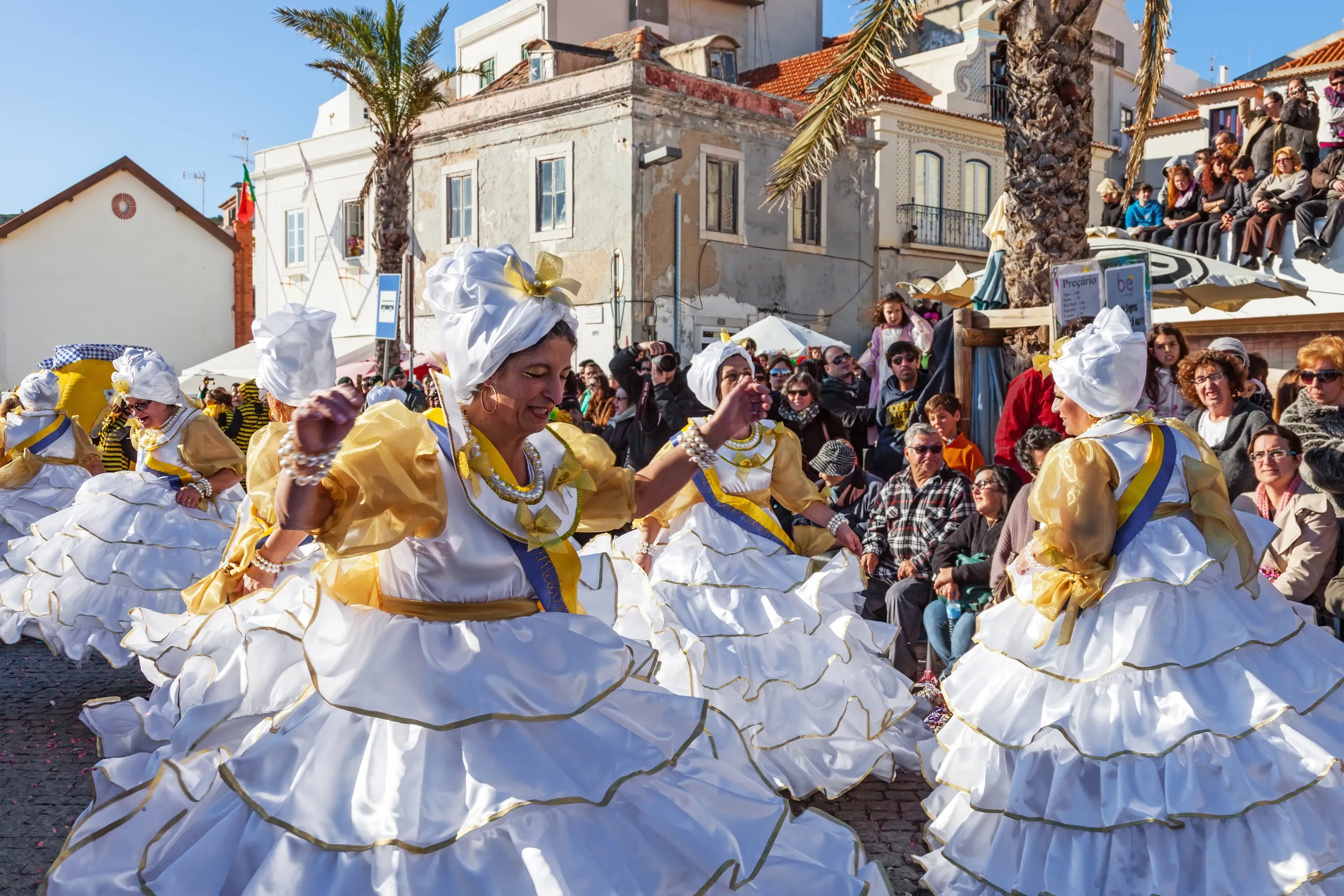
Show interest in the culture by making an effort to express yourself in Portuguese, such as with "Gosto muito de Portugal" (I like Portugal a lot). Pay attention to correct pronunciation to avoid misunderstandings, and ask polite, indirect questions like "Seria possível saber mais sobre...?" (Would it be possible to know more about...?).
Avoid using the informal "tu" form without explicit permission and stick to "Você" or "O senhor / A senhora" in formal contexts. Do not ask overly personal questions like about salary or private issues, as this can be considered impolite. Avoid being too loud or intrusive in public, as Portuguese people value restraint.
Brazilian Portuguese also has its peculiarities, and you should pay attention to the following when communicating in Portugal:
Portuguese spoken in Portugal and Brazil has some notable differences. In Portugal, the pronunciation is clearer and more precise, while in Brazil, it has a softer, more melodic intonation. For example, the letter "s" is often pronounced like "sh" in Portugal, as in "cesta" (basket), whereas in Brazil, it is pronounced as "s". Additionally, nasal sounds are more pronounced in Brazil, as in "pão" (bread). Vocabulary also differs; for instance, in Brazil, "ônibus" means "bus", while in Portugal, "autocarro" is used. "Cell phone" is referred to as "celular" in Brazil and "telemóvel" in Portugal.
Grammatically, Brazilians often use simplified past forms, such as "fui" for "I went", whereas Portuguese people prefer more complex forms like "fui eu". In Brazil, "Você" is frequently used for formal address, while in Portugal, "O senhor" or "A senhora" is more common. Syntax also differs, such as the placement of object pronouns; in Brazil, one says "me diga" (tell me), while in Portugal "diga-me" is used. Despite these differences, speakers of both variants understand each other well, as the language remains fundamentally the same. These differences enrich the linguistic and cultural diversity of Portuguese.
Portuguese food culture
In Portugal, including Madeira and the Azores, there are some important dos and don’ts to keep in mind when dining out to respect the local food culture. Firstly, making a reservation in advance, especially in popular restaurants or during peak meal times, is advisable to ensure a spot is available. Punctuality is appreciated, although a delay of 15 to 30 minutes may be acceptable in a private setting. Without a reservation, wait for the waiter to assign you a table and do not seat yourself, even if no “Reserved” sign is present.
The Portuguese food culture is relaxed and social. Meals typically last longer, and the atmosphere is valued. Be sure to try traditional dishes such as bacalhau à brás (cod, shredded and mixed with scrambled eggs, onions, and potato sticks), pasteis de nata (custard tarts), caldo verde (a hearty green soup made with kale, potatoes, and chorizo), arroz de marisco (seafood rice with shrimp, clams, and squid), and francesinha (a hearty Porto sandwich with steak, sausage, ham, and a spicy tomato sauce).
Most restaurants will provide a small appetizer at the beginning of the meal, which is often charged. However, it is fine to say that you do not want it, though it is often worth trying. Portuguese people value eating all foods with utensils, including fruit. It is considered rude to eat with your fingers. Show patience while waiting for your food and enjoy the relaxed atmosphere of the restaurant.
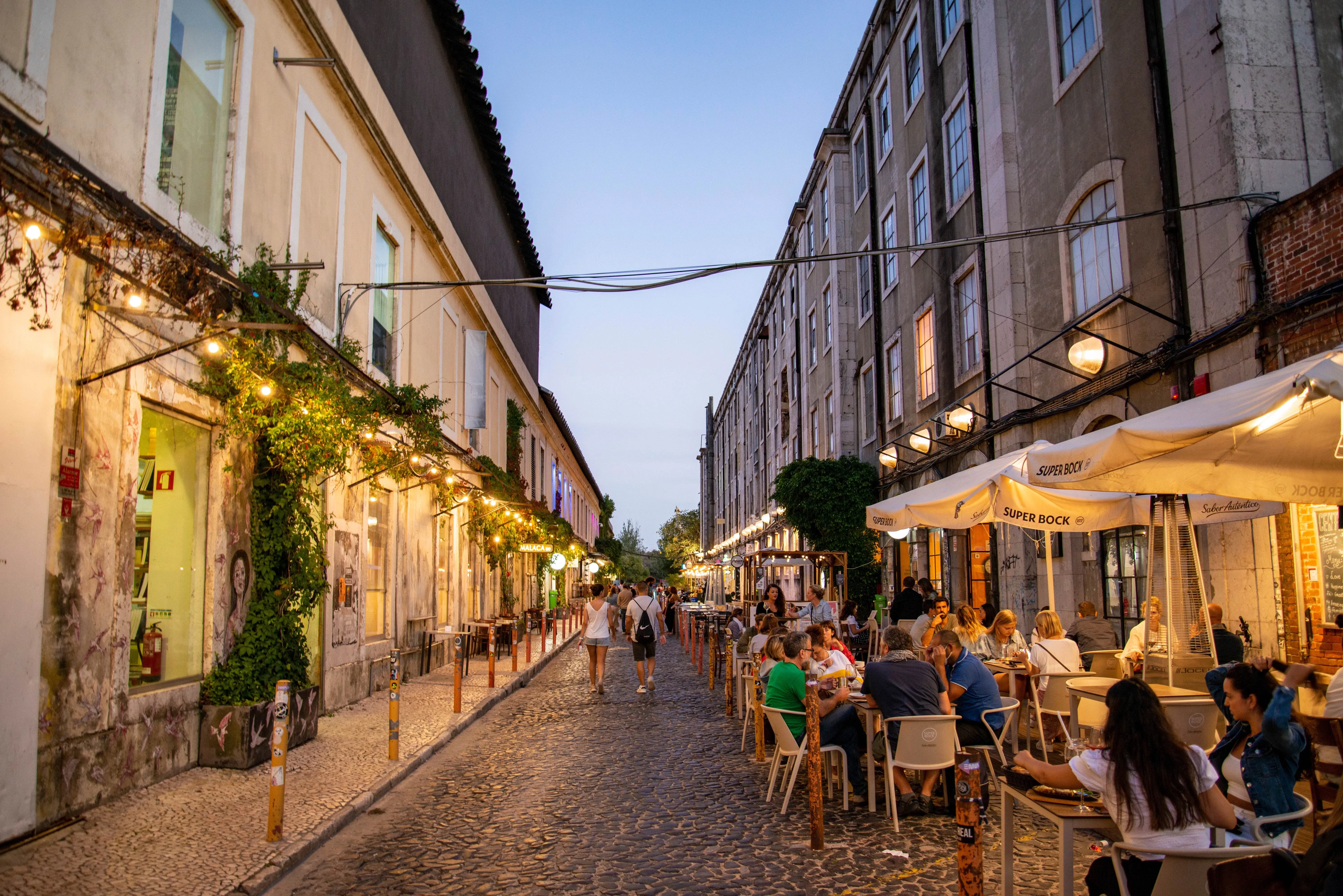
At the end of the meal, a friendly “obrigado” or “obrigada” is an appreciated gesture of politeness towards the staff. If you're invited to someone's home, it's polite to bring a small gift such as wine or flowers, which is considered a sign of appreciation.
Avoid unnecessarily pressuring or becoming impatient with the waiter if the food takes longer than expected. Rather embrace the time between the meals to talk to your friends, digest a little and enjoy the atmosphere. Most meals are cooked freshly and therefore need more time.
Personal preferences or modifications to traditional dishes should be avoided, as Portuguese cuisine is often prepared according to well-established recipes. By following these guidelines, you can enjoy a respectful and pleasant culinary experience in Portugal.
Tipping etiquette in Portugal
In Portugal, tipping is quite straightforward, although there are some nuances to consider. In restaurants, the service charge, which is often around 10% to 15% of the bill, is usually included in the bill. Locals do not often leave additional tips and if they do, it is usually just rounding up.
When tipping, if you round up the bill, you might receive change. The phrase "keep the change” is not used in Portugal; instead, you can leave the change on the table, or if paying by card, leave the tip in cash on the table.
Talking about cards. Even though credit cards are widely accepted in Portugal, don’t assume that they can be used everywhere. In rural areas local stores or restaurants only accept cash. Please make sure that you always carry some with you.
Diverse Portugal - Insights into traditions and customs
At the heart of Portuguese society is a strong family bond. In Portugal, it is common for multiple generations to live under one roof or gather regularly for large, social celebrations. This close connection not only shapes daily life but is also brought to life through the warm, regular gatherings that convey a sense of security and togetherness.
Another notable feature of Portuguese culture is its unparalleled hospitality. Visitors are always welcomed with open arms. Invitations to hearty meals and joyful celebrations are common and reflect the warm and generous nature of the Portuguese. Hospitality is particularly emphasized through lavish meals and friendly conversations that are often part of the reception.
Cultural festivals and traditions hold a central place in the lives of the Portuguese. Celebrations such as Festas de São João in Porto, the Fado Festival in Lisbon, and the Madeira Carnival offer a fascinating glimpse into the vibrant culture of the country. These festivals are more than just occasions for celebration; they are expressions of Portugal's cultural diversity, filled with music, dance, and traditional foods that reflect the country’s rich heritage.
A standout element of Portuguese culture is Fado, a melancholic music genre often filled with longing and sadness. Fado, accompanied by the unique Portuguese guitar, is performed in special music venues, called Casa de Fado, and at festivals. This music genre significantly contributes to Portugal’s emotional depth and cultural identity, leaving listeners deeply touched.
Traditional craftsmanship is also a significant part of Portugal's cultural heritage. Traditional art forms such as Azulejos (colorful tiles), found in historical buildings, as well as cork products and jewelry made from traditional materials reflect the country’s creative side. Architecturally, Portugal impresses with a variety of styles. Manueline architecture, a magnificent late Gothic style, and Baroque architecture characterize many historical buildings. Famous structures like the Torre de Belém and the Mosteiro dos Jerónimos in Lisbon illustrate the architectural diversity and influence of different eras on Portuguese architecture.
Portugal embraces its culture, traditions and life in general. Therefore travellers will find that most shops, restaurants or bureaux are closes during the heat of the day. It’s so called siesta time and the locals take that opportunity to stay somewhere to cool down or simply take some rest from the stress that daily life brings along. So keep that in mind when you are planning to explore specific attractions or planning to have some food.
Quick Facts about Portugal
- Official language: Portuguese
- Form of government: semi-presidential republic
- Population: 10.6 million
- Capital city: Lisbon
- Currency: Euro
- Time zone: Western European Time (WET) / Western European Summer Time (WEST)
- Summer months: June to August
- Winter months: December to February
- Climatic warmest Temperatures: 30°C
- Climatically coldest temperatures: 5°C
- Telephone area code: +351
- Standard voltage of electricity: 230 V
Reminder: Brush up on your history
Portugal, a nation with a fascinating heritage, emerged in the 12th century when Henry of Burgundy was crowned king in 1139 and declared the country’s independence from the Kingdom of León and Castile. This newly formed nation gained international recognition in 1143 through the Treaty of Zamorra, and Pope Alexander III officially confirmed Portugal’s status as a kingdom in 1179.
However, Portugal’s true golden age began in the 15th century when Prince Henry the Navigator initiated an era of maritime discoveries. With bold explorers like Vasco da Gama, who reached India in 1498, Portugal established an empire stretching across the Atlantic to Brazil and across the Indian Ocean to India and East Africa. These voyages made Portugal a global superpower and left a lasting mark on world history.
Yet, the sun of the Portuguese Empire began to set in the 17th century as the country struggled to cope with growing competition from other European powers. In 1640, Portugal managed to free itself from 60 years of Spanish rule and regain its independence. Nonetheless, the following centuries were marked by political and economic instability.
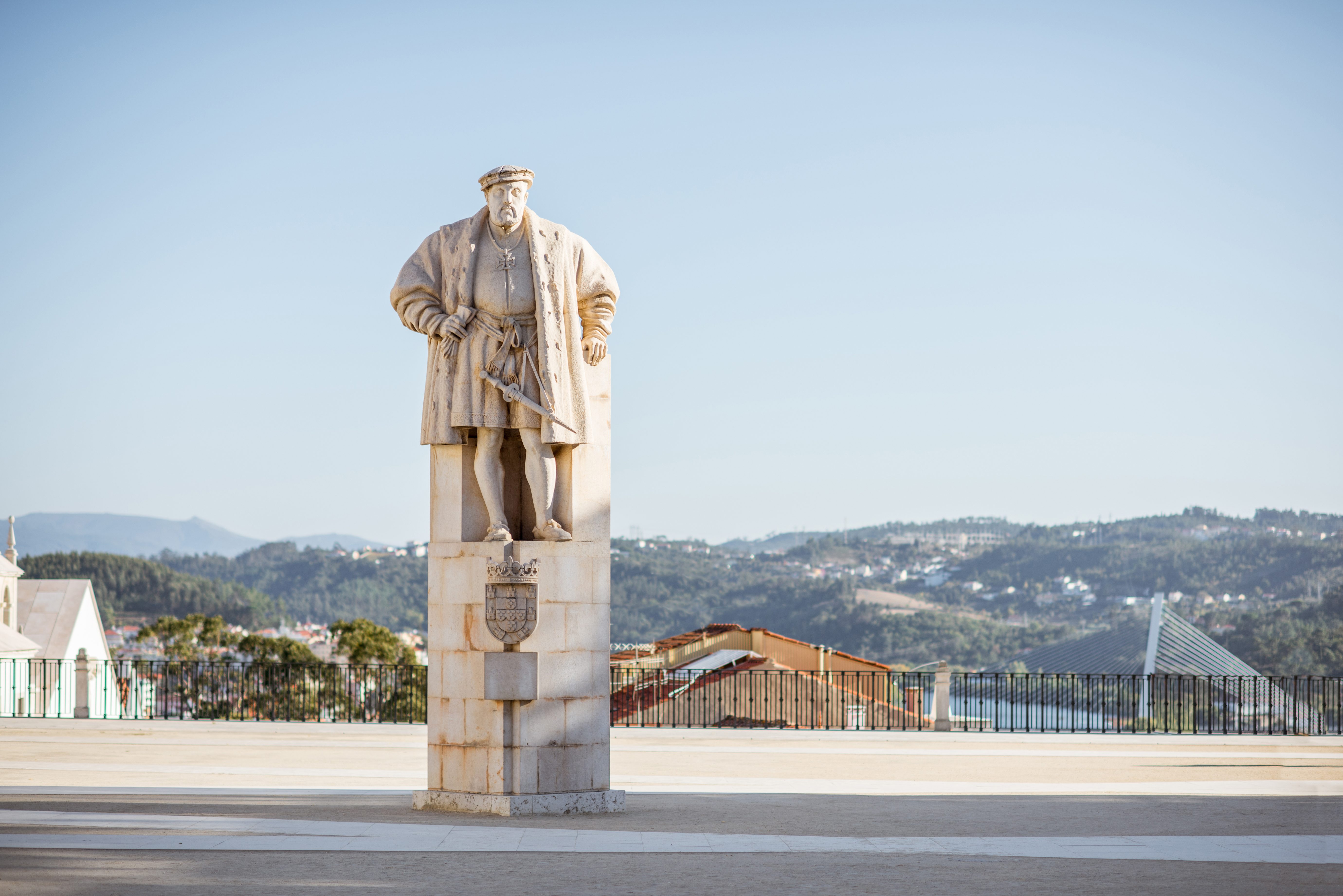
The political landscape of Portugal changed dramatically when the 1910 revolution led to the establishment of the First Portuguese Republic. This period was characterized by unstable governments and crises. In 1926, a military dictatorship came to power, which was transformed in 1933 by António de Oliveira Salazar into an authoritarian one-party state, the Estado Novo. Salazar’s regime lasted until the Carnation Revolution of 1974, a peaceful coup that restored democracy.
The Carnation Revolution marked the beginning of a new chapter, transforming Portugal into a modern, democratic nation. In 1986, the country joined the European Community, the precursor to today’s European Union, and integrated more deeply into the European framework. Today, Portugal is a symbol of cultural diversity, historical depth, and remarkable resilience, proudly reflecting on its past and looking optimistically towards the future.
Portugal etiquette in a nutshell
Portugal is a country that delights travelers with its cultural diversity and hospitality. Be friendly and respectful in your interactions with people and the culture of Portugal.
Dress appropriately, embrace the culinary diversity of Portuguese cuisine, and let yourself be guided by the hospitality. With a few phrases in Portuguese, you’ll win the warm heart of the Portuguese and achieve much more with a sincere smile than with loud words.
Source references:
Lonely Planet
Portugal.com
Sign up for the newsletter
By clicking on “Subscribe now” I will subscribe to the Conscious Explorer newsletter with all the information about mindful travel. Information on the success measurement included in the consent, the use of the shipping service provider MailChimp, logging of the registration and your rights of revocation can be found in our privacy policy.

